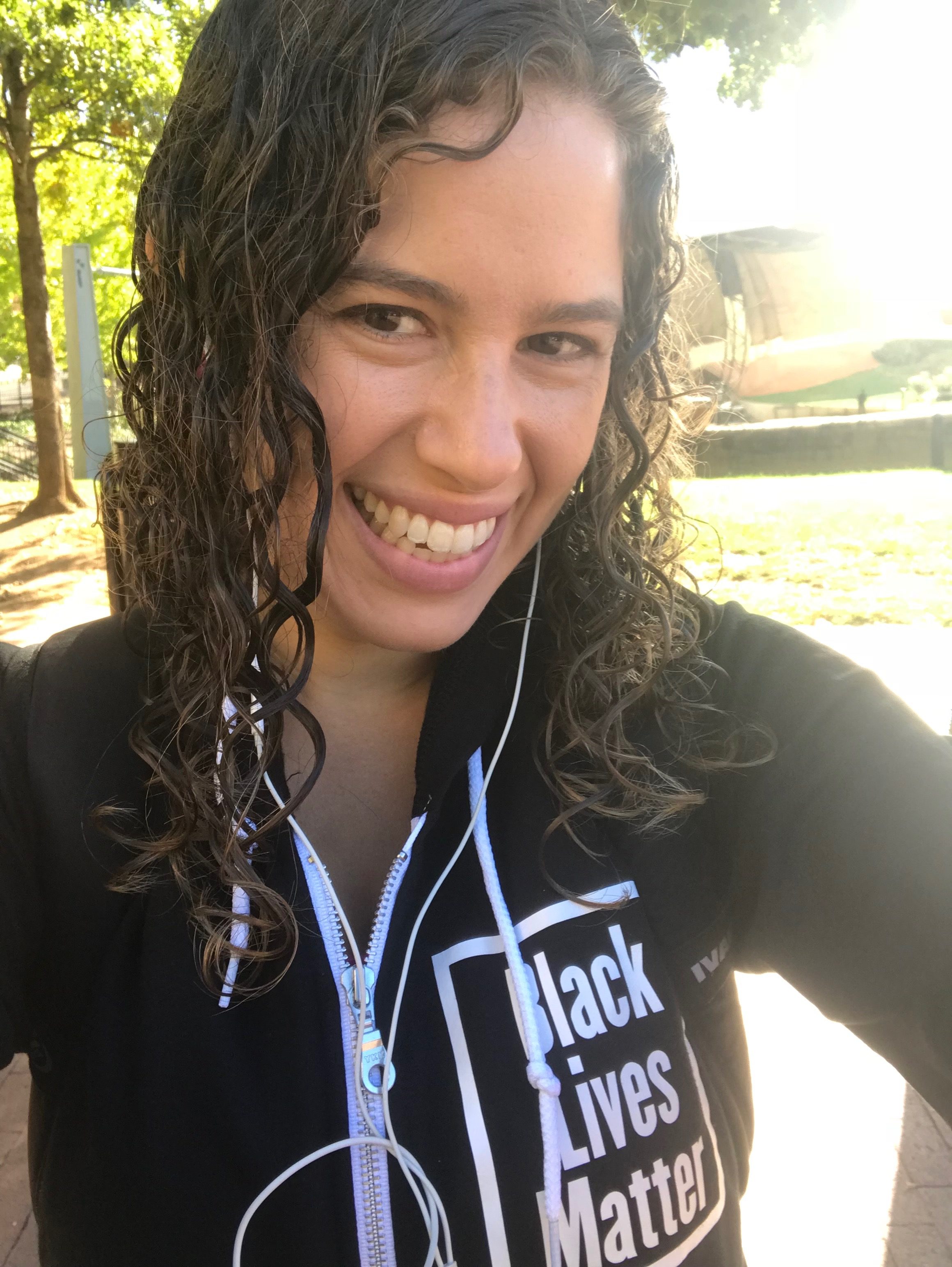Judith Warner just posted a blog about the topic I brought up two weeks ago — kids calling each other gay. The article and many of the online comments provided me with insight into multiple perspectives on this issue: addressing it either as a sign of homophobia, a symptom of patriarchy, or one of many acts of childhood bullying. In my opinion, we can understand the “that’s so gay” epidemic as a sign and symptom of all of these problems, and seek to eradicate it using a social transformation perspective.
Bullying is not and never has been separate from sexism. When children bully each other, they’re reflecting society’s prejudices — they are re-creating the same systems of violence that torment the adult world. To get rid of this behavior among children we need to model healthy alternatives, teach preventive behaviors, and discuss issues as they arise.
All that my students know about bullying is that on the one hand, they shouldn’t do it because they might get in trouble, even though if adults get involved they do not always effectively stop the bullying. My students also believe that “respect” and “being nice” are the opposite of bullying. Maybe respect is just not a strong enough concept to encompass the alternative and preventative behavior we all need to practice.
Calling a classmate gay is not simply disrespect — it is participation in the violent, deeply rooted systems of sexism and heterosexism. We need to actively work to counter the systems that define our worth based on how effectively we fit into certain social categories and how fully we meet certain social expectations. We need to counter children’s urge to use cruelty to “police” their own in each other’s behavior. We need to teach our children processes of support and affirmation so that they don’t need to fear who they are and who their friends are. We need to find out why they put each other down and replace that behavior with its opposite.
Gender and the pressures that come with it intervene in children’s lives with pervasive and contradictory expectations. What would happen if children didn’t need to worry about being the perfect boy or girl and instead worried about reaching a standard of humanity — being loving, caring, and kind? And what if other roles children reach for, such as student, athlete and partner, were no longer differentiated by gender and instead everyone had the same encouragement and guidance as well as the same expectations for success and achievement within these roles?
What if children were taught to be their whole selves, and nothing but themselves, in order to achieve happiness and success? What if they were taught to help others do the same? How can we teach them to do so?

Jessica says:
Oy. Love your sensitivity and analysis on this.
“What if children were taught to be their whole selves? . . How can we teach them to do so?”
I’m concerned that the school structures work directly against this end. Which is not to say that a positive impact can’t be had. What do you think?